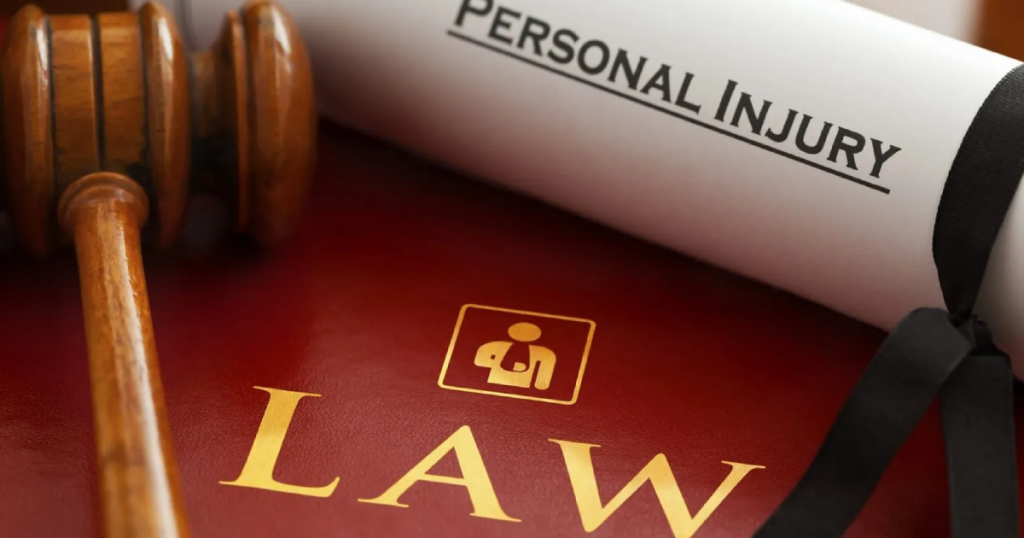Most people in Idaho have been injured in an accident and are considering filing a personal injury claim. It is essential to know your rights. One of the most common questions people ask is whether they can waive liability for their injuries before filing a lawsuit.
You can learn about this if you consult with attorneys at Idaho Personal Injury Lawyers. This blog post will discuss how the waiver of liability works and if it is even possible. You may be surprised by what you learn.
What Is Waiver Of Liability?
A waiver of liability is a document that legally prevents you from being liable for actions or damages caused by another individual. They are used to:
- Waive rights
- Duties
- Claims
- Obligations
They are common in one’s employment contract and many websites’ terms and conditions agreements. It may seem like an obvious thing to sign, but it can be essential to understand what such a document entails before doing so.
The concept of waiver can vary depending on the area in which it occurs, but generally speaking, a person who waives something gives up their rights or claims to certain privileges related to that thing. For example, before you can waive liability for your injury in a personal injury case, it must be determined that:
- You knew about the accident and injuries at the time they occurred.
- Gave the waiver voluntarily and without pressure from anyone else.
When Is Waiver Of Liability Used?
Waiver of liability is not something you can waive liability for personal injury use right away. It must be determined that the accident was not your fault. However, this does not mean that they cannot waive their liability if someone else is at fault.
It just means that before an injured party can waive their compensation rights, the person who caused them harm has to waive their right to immunity.
This is important because it can take some time for the person responsible for your injuries to waive liability before you can waive yours, especially if they were at fault but didn’t realize that or have difficulty accepting responsibility. In these cases, the injured party may need compensation from another source while waiting for the person responsible for waiving liability.
Can You Waive Liability After Filing Your Lawsuit?
If you waive liability after filing a personal injury lawsuit, it is possible that the court may not accept your waiver of liability and will continue to hear the case. If this happens, you waive all rights to compensation if you win or settle with the defendant after waiving liability and before winning in court.
Keep in mind that even if your claim is successful and damages are awarded, the court may waive your right to receive those damages if you waive liability after filing a claim and before trial.
In conclusion, before you waive your liability in any situation related to personal injury claims. Whether that’s before filing your lawsuit or after, it is essential to consult with a lawyer. Remember, even if you waive liability in your personal injury claim and win the lawsuit, there’s no guarantee that you will get compensation because of this waiver.



